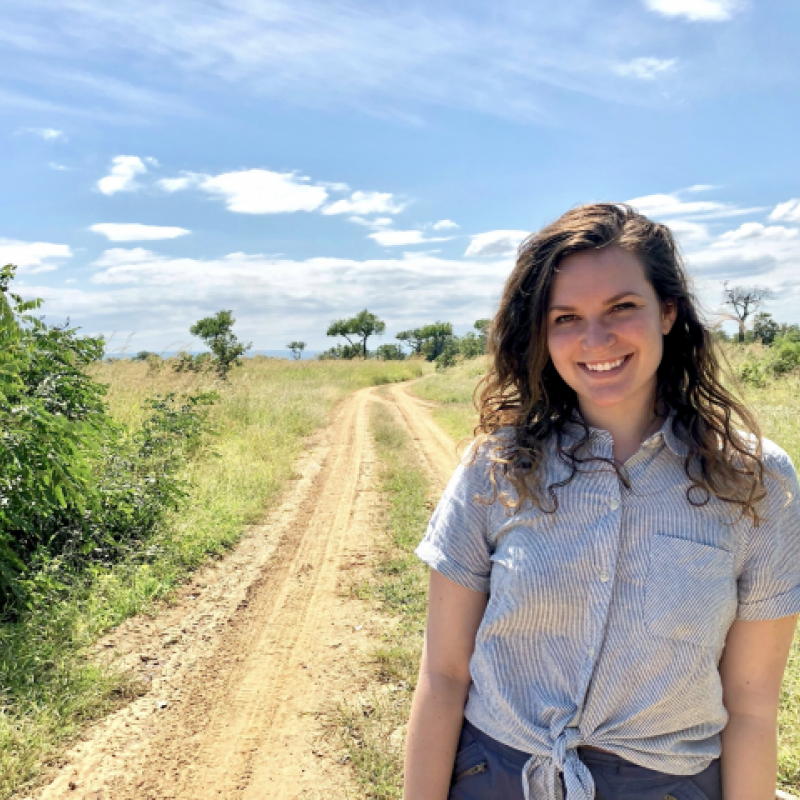Reading Beyond the Label: Addressing Barriers to Nutrition
Diabetes Mellitus (DM) is a complicated diagnosis, often requiring medications and lifestyle changes to manage appropriately. Without such interventions, several complications, including eye, kidney, and nerve damage, may ensue. Because of these complexities, the ongoing management of DM is critical for patients diagnosed with the disease. While medicines are often used to help lower blood sugar or increase insulin sensitivity, most patients are also prescribed a list of dietary changes to support disease management.
But what happens when dietary changes aren’t feasible?
Having the opportunity to work with patients pursuing dietary changes for DM management this year has revealed reasons why nutrition education alone is often inadequate for DM management. Addressing a patient’s “uncontrolled” DM must be done within the context of one’s Social Determinants of Health. For instance, for many patients, health literacy, access to food, and several other individualized circumstances can make “eating healthy” complicated, regardless of one’s knowledge of nutrition. Some individuals may not have the funds to purchase fresh vegetables or healthier food alternatives. Others might live far from grocery stores. I’ve met several patients who don’t have appliances to physically cook or store food. Moreover, amid the COVID-19 pandemic, many individuals are finding themselves to be newly food insecure. Ultimately, the factors contributing to an “uncontrolled” case of DM are often associated with a complex number of obstacles that nutrition education alone cannot address.
This experience has shown me the responsibility that providers have in learning not only the science behind a chronic disease, but the social and cultural barriers related to management of such illnesses as well. In terms of DM management, this aim takes on many forms. Practices can partner with food banks and screen all patients for food insecurity. Physicians can utilize other health professionals such as pharmacists and registered dieticians to help educate patients and improve health literacy. Providing patients with a list of sustainable resources identifying local food distributions and related programs can help patients access higher-quality foods. Even though DM may be a complicated diagnosis, action items such as these can simplify DM management and prevent adverse health outcomes for those affected by the disease.
Host Site
5215 Centre Ave.
Pittsburgh, PA 15232
5215 Centre Ave.
Pittsburgh, PA 15232
